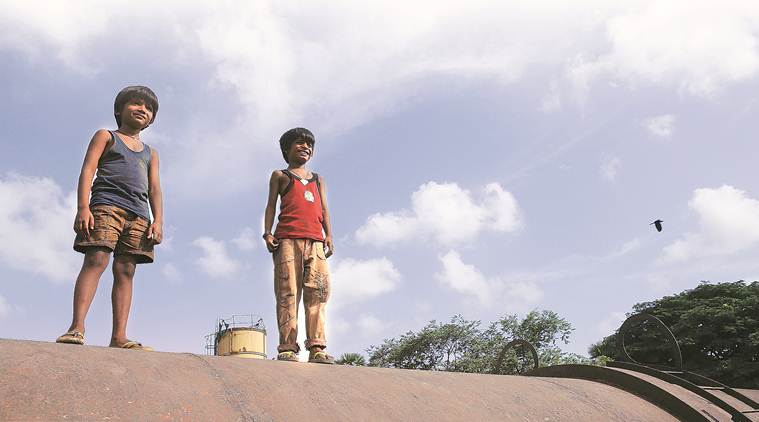
The release of your film Mere Pyare Prime Minister was postponed. Did you want to release it closer to the elections?
The film is not political at all and has nothing to do with elections. We finished shooting it in 2017 and it appeared as the only Asian film at the Rome Film Festival in October last year. It is all about finding the right window to release it. We initially wanted it to release on October 2 (Gandhi Jayanti) last year as it is inspired by Gandhi. However, I left it to Pen India Limited and they think March (the film releases on March 15) is a great window for a film of this size as we won’t be steamrolled by any big films before and after. This is a story that needs to breathe and grow.
What made you want to make a film on a social issue like open defecation?
The film is about a lot more than just public defecation. Around seven years ago, when I was returning from a late-night shoot at Film City for Bhaag Milkha Bhaag, our car was passing by a slum in Goregaon. As the car took a turn, the headlights bathed around a dozen women defecating in the open and all of them got up in a jiffy. It was embarrassing for me and I couldn’t begin to imagine how they must have felt. It was shocking and that image stayed with me. Post that, I came across a figure from UNICEF that 50 per cent of the rape cases in India happen when women go out to defecate. This is when I realised that there was a story waiting to be told. The film is also about changing the mindset of people as I believe whenever there is a rape in our country, we further victimise the victim. There is a strong message we are trying to convey through the film.
From the trailer, it comes across that the movie is trying to propagate Mahatma Gandhi’s principles.
I’m part of an NGO called Yuva Unstoppable in Ahmedabad. I got a chance to visit the Sabarmati Ashram where I realised that a lot of Gandhi’s work had gone into sanitation and making toilets. That being said, the film is not a toilet story. It’s an inspiring story of an eight-year-old boy and his relationship with his 24-year-old single mother and how he wants to protect her. It shows that the boy will not stop at anything, even if he has to knock the door of the highest office in the country.
Tell us about your experience working with children. What was it like shooting in a slum?
The first step was to find the right children and to find the right boy to play Kanhu. We had a shortlist of a dozen kids, mostly from the slum. Working with children in general is a learning process. They are teaching me how to direct, I am not teaching them how to act. They are so innocent and there is so much of trust.
As for the environment I shot in, we did not build a single set and there was no artificial lighting. The area was very small and even the interior scenes were shot in the slum. To understand the area and the people better, I even rented a kholi for two weeks where I would stay on and off. However, everyone in the slum was really peaceful and we never got mobbed. There is a song based on Holi celebrations and I around 2,000 people from the slum have featured in the sequence.
Your film Rang De Basanti (2006) captured the angst among the youth. Do you think you’d be able to make a film like that today?
Who would stop me? It’s a secular country and I have a freedom to express. I don’t believe in censorship but in certification. The children of a nation should be protected up to a certain point but after they are 18, they are adults and are conscious enough to make their own choices. Things like bad language, drug abuse or nudity should be permitted in films, provided they retain the essence of storytelling. I spent six months as part of the Shyam Benegal Committee in making a law for the government and we got a High Court judge to rewrite the Cinematograph Act. Union Minister Arun Jaitley came to Mumbai to met all of us and asked us what we thought. I told him to take the scissor and throw it in the ocean. This is a country of free thinkers. We have a long way to go but we will get there.
How has the angst and patriotism among youth changed today?
There is still the same degree of angst amongst the youth as it was in 2006. Youngsters need to have angst and learn to channelise it in the right manner.
A lot of biopics are being made today. Do you think we are getting them right?
I am never judgemental about other people’s work. Due to Bhaag Milkha Bhaag, more than once, I have been accused of starting a trend of biopics and I am very happy with that tag. Of course, we have seen a lot of biopics since then, and I have been offered a fair number of biopics (to direct) but unless I identify with something I want to say, I will not take it up.